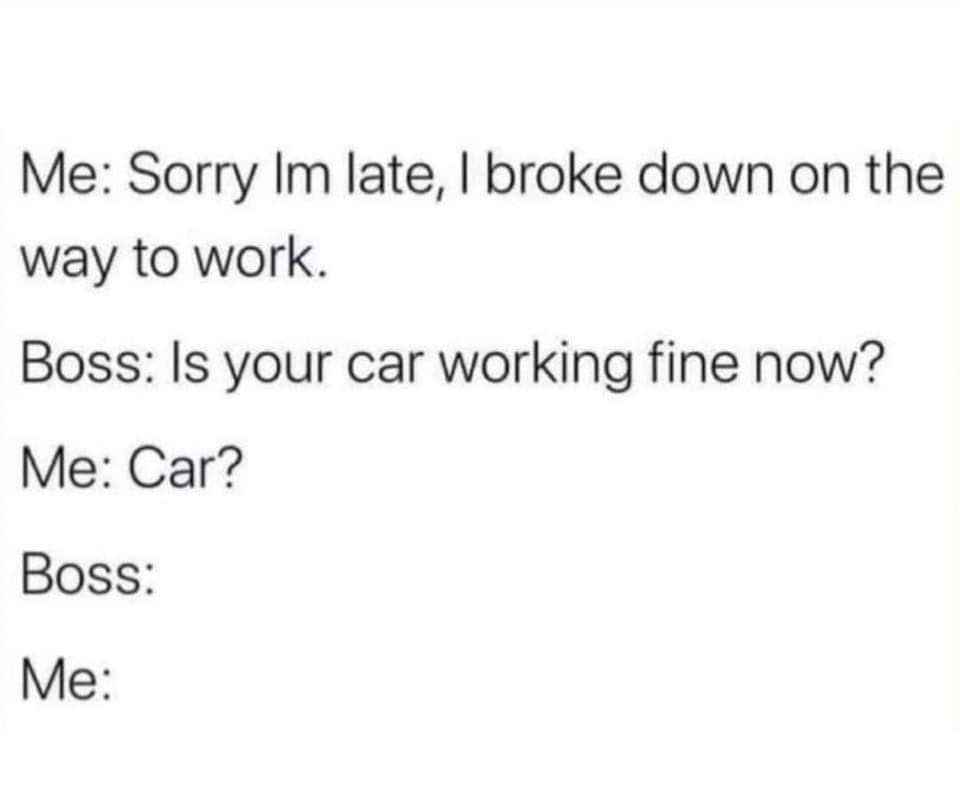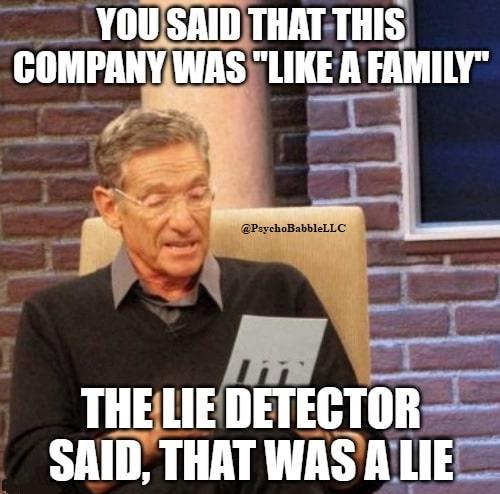What we contribute to our employers (and our society at large) is our labor. It is the work that we do and the products we create. It takes up our time and our resources. These are considered “non-renewable” resources because once that time and effort is gone, it cannot be replaced. Ask someone who is in a burnout state, and they will likely tell you that they have no more to give.
Burnout is associated with poor mental and physical health including:
impairments in social functioning
Suffice to say that burnout should be avoided. Once you are in a burnout state, it can be even harder to get out of it. When we talk about “work-life balance,” burnout can be a result of not having it.

We give our time and effort at the expense of other things that we could be focusing on – cultivating our communities, raising children, spending time with our partners, caring for our own minds and bodies, and otherwise enjoying this one life that we are afforded. What we get in return for our efforts is money. Money allows us to afford to live in environments that are safe, feed ourselves and our loved ones, and to purchase things that add to our enjoyment of life. We are, essentially, trading our labor (time and resources) in return for the currency meant to keep our lives safe and enjoyable.
While this should be a simple arrangement, it is often anything but.
For many in the US, our health insurance is tied to our jobs. Quitting or being ‘let go’ from our jobs could mean that we lose health insurance for ourselves, and sometimes for our entire families. Many people want to leave their jobs but can’t because they rely on health insurance to be able to pay expensive medical bills and for medications that keep them alive and well. This may be especially important for people managing chronic illnesses. According to the Center for Disease Control and Prevention, 60% of adults in the US have a chronic illness, and 40% are managing two or more.
There are also employers, companies, organizations, and people who do not see the value in our labor. They may pay us significantly less than we are worth, or do not give salaries that keep up with the rate of inflation. They may discriminate against people of a certain gender or people of color. They may even steal wages from their employees.

The advice to “get another job” is well meaning, but simplistic. Finding a new job takes considerable time, and there are no guarantees that the next employer will treat employees any better. As of the time of the writing of this article, 64% of Americans live paycheck-to-paycheck. There are no savings to carry us to the next job. We must keep working to survive.
But, there is power in organizing.
Part 2 coming soon 🙂
